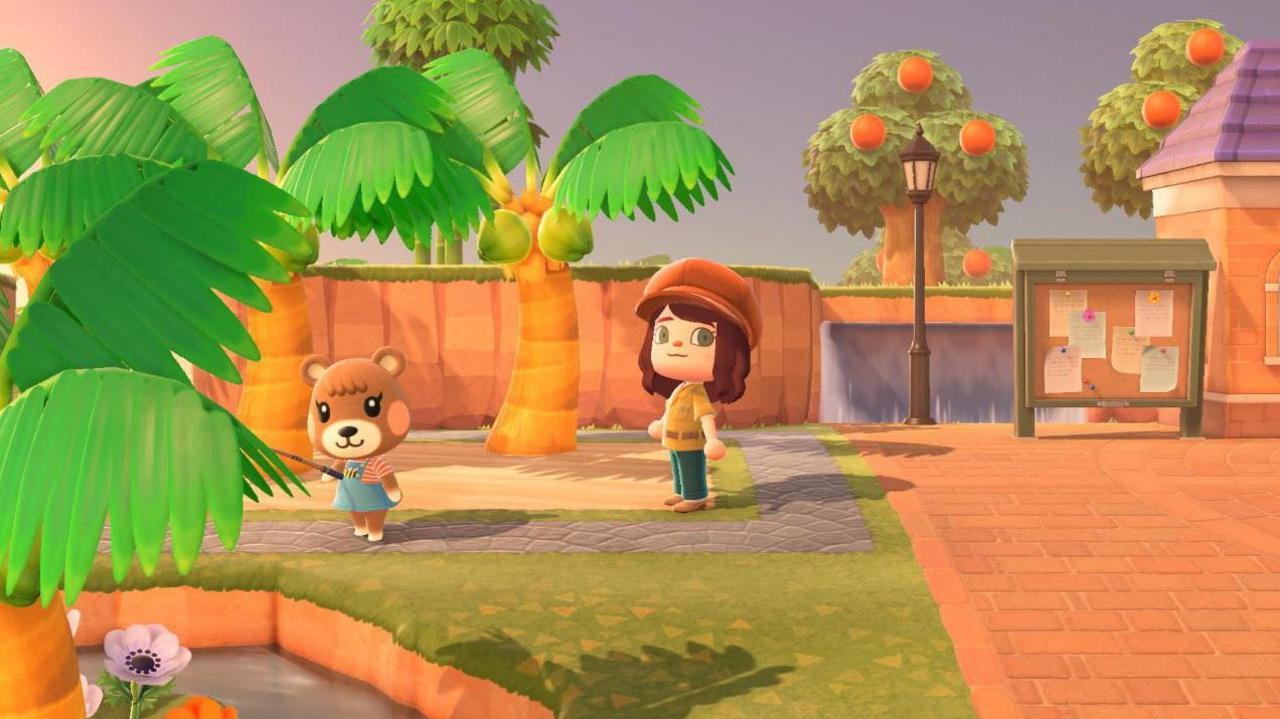Video game creates platform for youth mental health
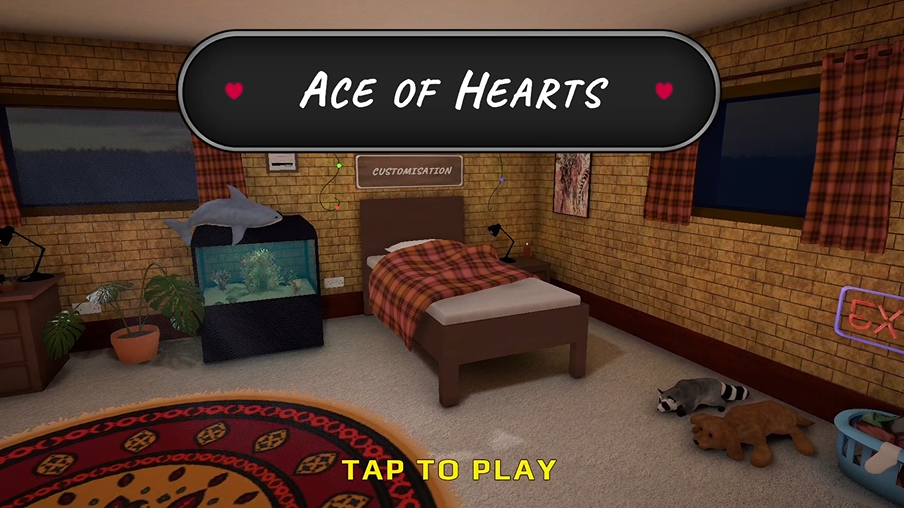
The acronym ACE in the game title stands for "Adverse Childhood Experiences"
- Published
Game designers in Cornwall are part of a project to create a "serious" video game to help young people deal with adverse childhood experiences.
The Ace of Hearts game deals with issues like bereavement, poverty and substance abuse.
Developers at the University of Falmouth worked with young people to design the game, which is part of a £35m UK-wide programme looking at the mental health of young people.
One of the developers said: "The main purpose of the game is to get people to talk about it afterwards."
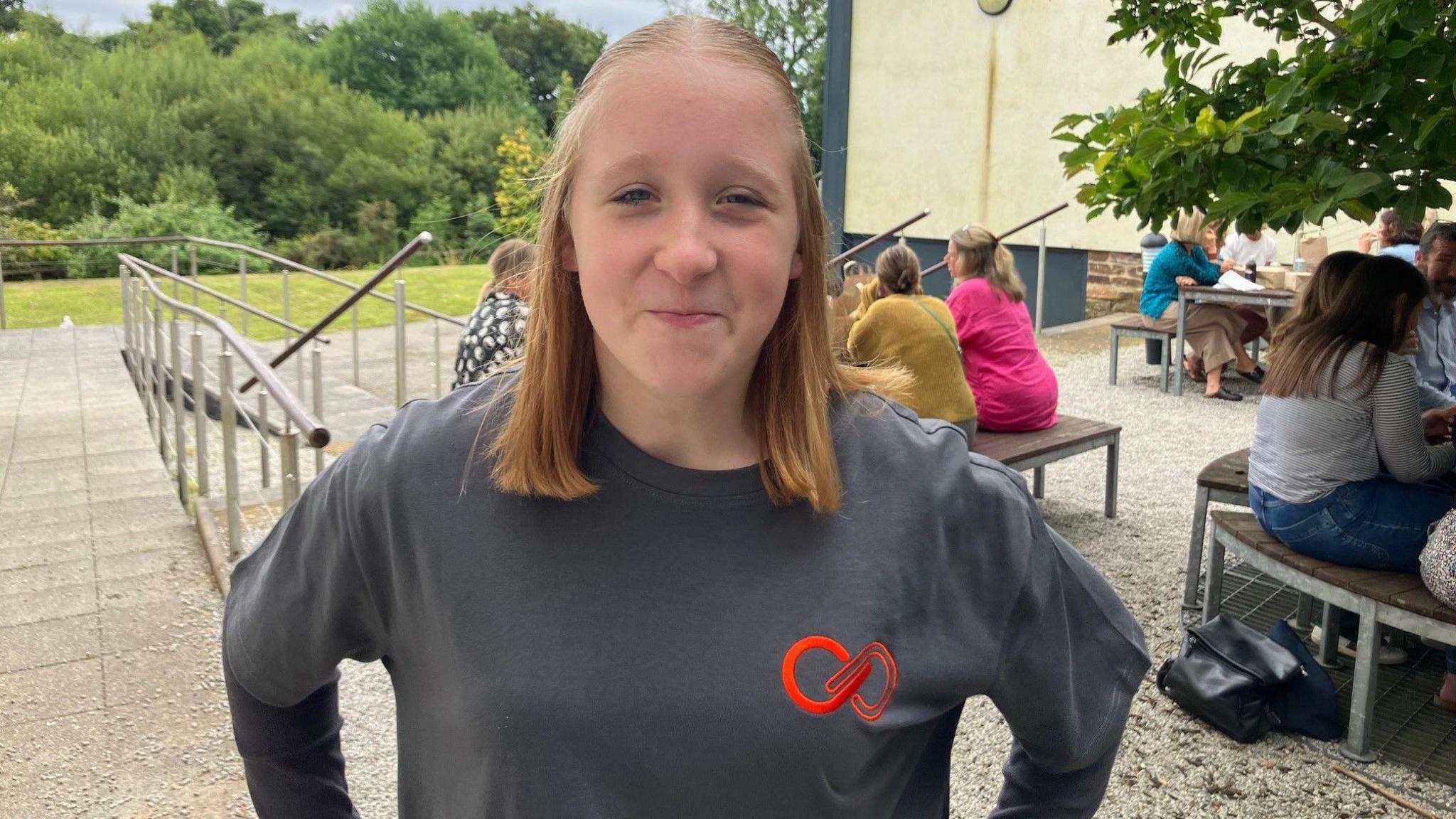
Ainaya, 14, believes gaming can be a way of exploring and discussing difficult issues
Ace of Hearts is part of a project called ATTUNE, external which is using varied arts-based methods, including gaming, to explore young people's experiences and understandings of mental health and the impact of negative experiences.
Ainaya, 14, who attended a youth mental health event at Falmouth University, said: "I play Roblox and Minecraft with my friends and I play Fortnite with my dad.
"Some people have a negative view of gaming but that's old fashioned - older people haven't grown up with the games that we have - gaming is a really fun way of unwinding.
"I definitely think gaming can be used to help, especially when you meet new people. It can be easier to talk to them rather than professionals who you have to wait a long time for."
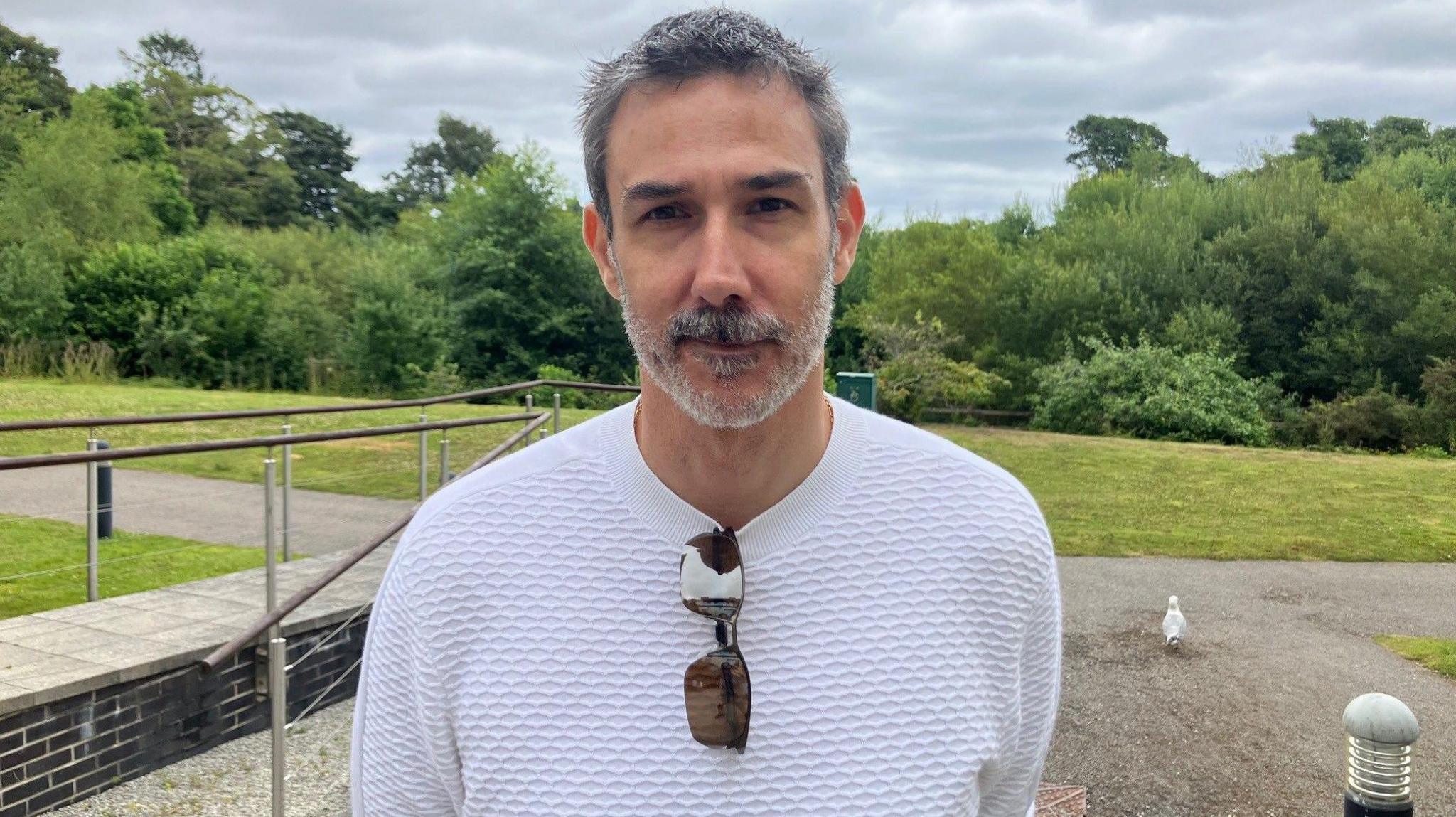
"We're here to make serious games with serious messages", says software designer Graham Smith
Graham Smith is a software designer who works on the games development course at Falmouth University.
He said: "The main purpose of the game is to get people to talk about it afterwards.
"Mental health is a serious topic and anything you can do to help young people who are suffering is worth it.
"When you're dealing with mental health a lot of things can be triggering for a lot of people, so you have to be cautious and empathetic in how you deal with the topic.
"Technology is taking over and you have to go with the mediums that young people are using.
"It's not Call of Duty, we're here to make serious games with serious messages."
Graham Smith explains how the game helps youngsters deal with adverse childhood experiences
Psychiatrist Prof Kamaldeep Bhui from Oxford University is one of the principal investigators on the ATTUNE project.
He said: "Half of mental illnesses have started by the age of 14 and three quarters by the age of 24 so it's vital we use every tool we can and games are something many young people feel safe using.
"Games can be a cause of harm or addiction for young people, but we also have to understand that it's a space where young people can be playful and a gaming platform is a place where some people don't feel alone."
The ATTUNE project is part of the Adolescence, Mental Health and the Developing Mind Programme, external, funded by UK Research and Innovation and led by the Medical Research Council with the Arts and Humanities Research Council and the Economic and Social Research Council.
The programme runs until 2026 and will explore how mental health needs emerge in young people, what makes some more resilient or vulnerable than others, and how early intervention can help positive mental health and wellbeing.
Follow BBC Cornwall on X, external, Facebook, external and Instagram, external. Send your story ideas to spotlight@bbc.co.uk, external.
- Published17 July
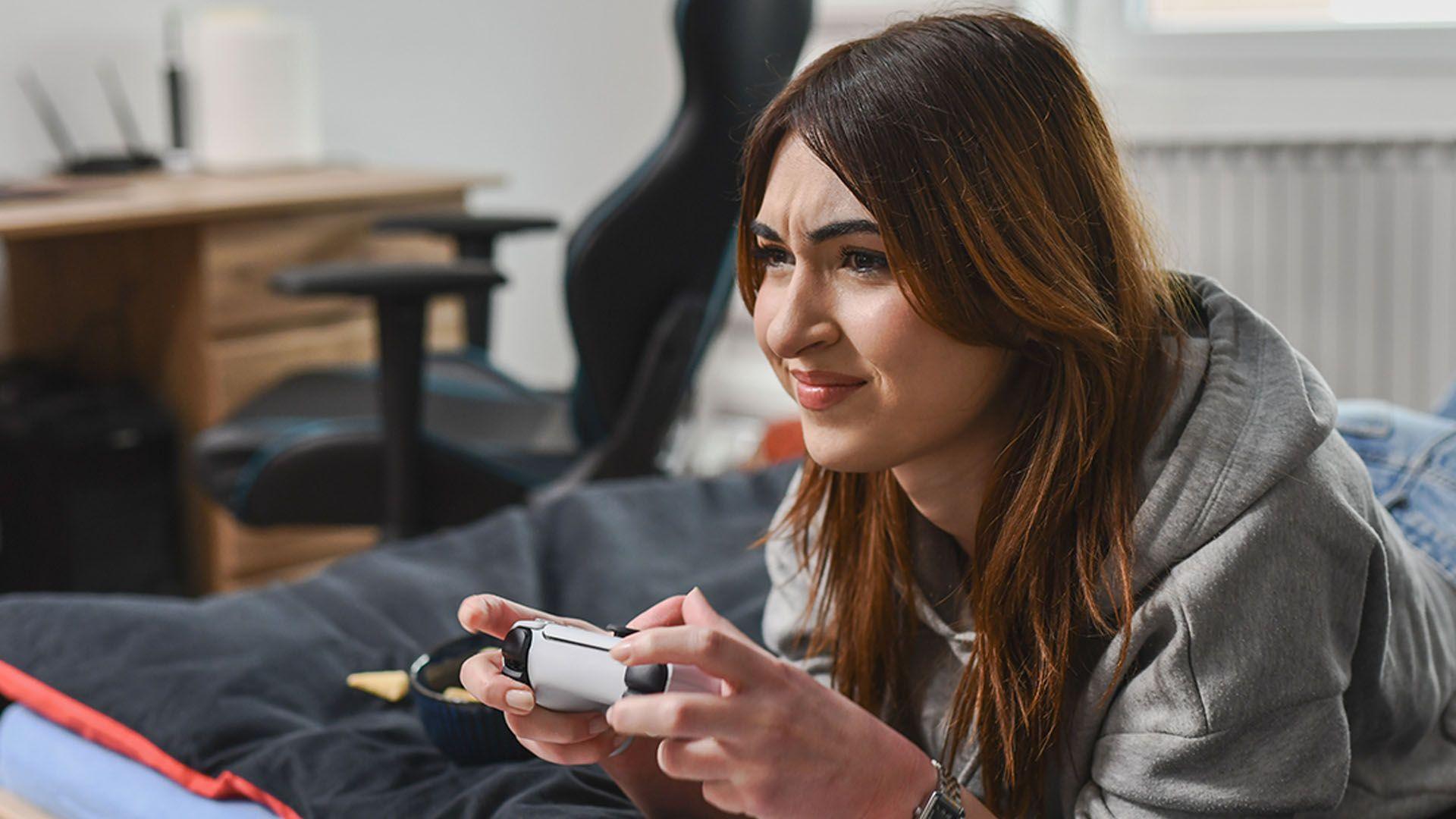
- Published16 July
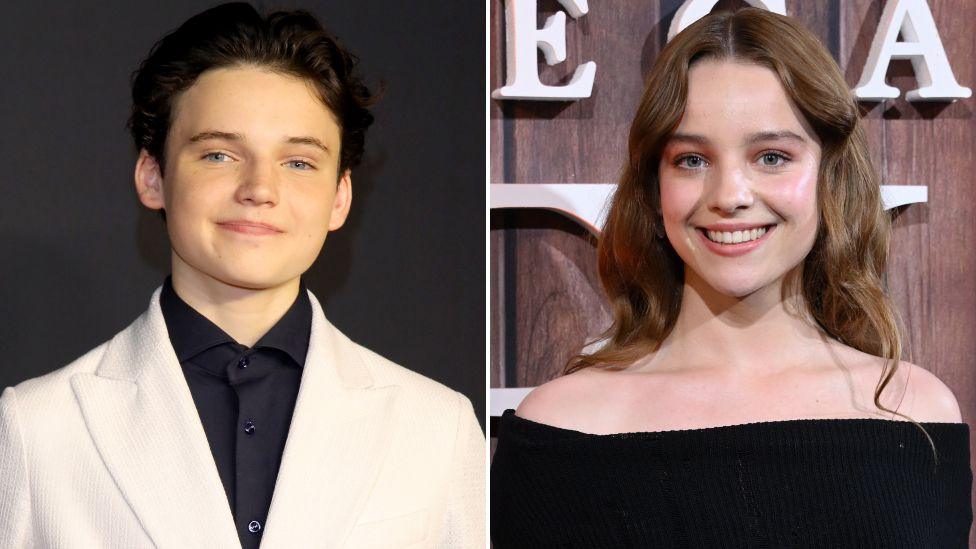
- Published22 June
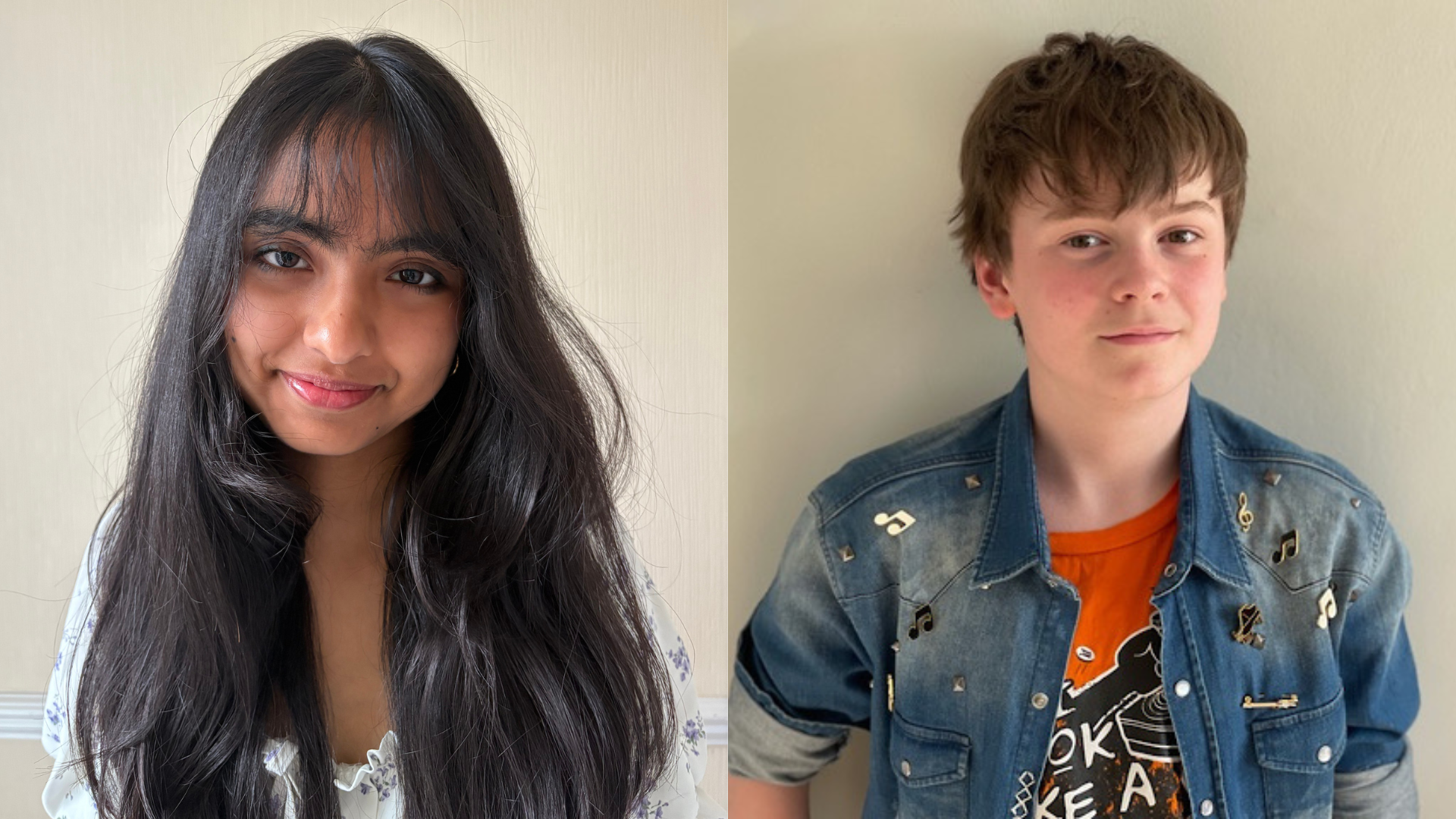
- Published19 October 2024
